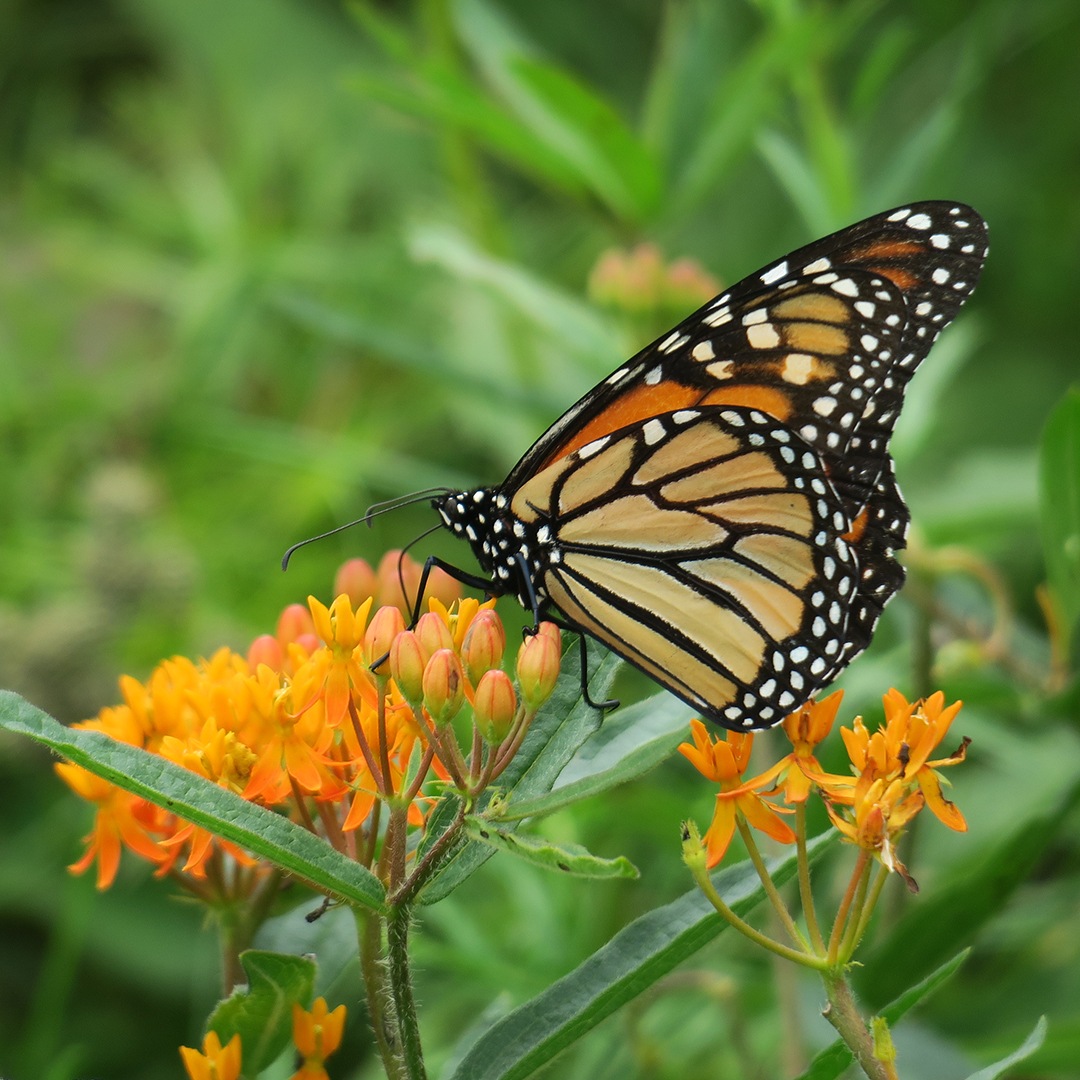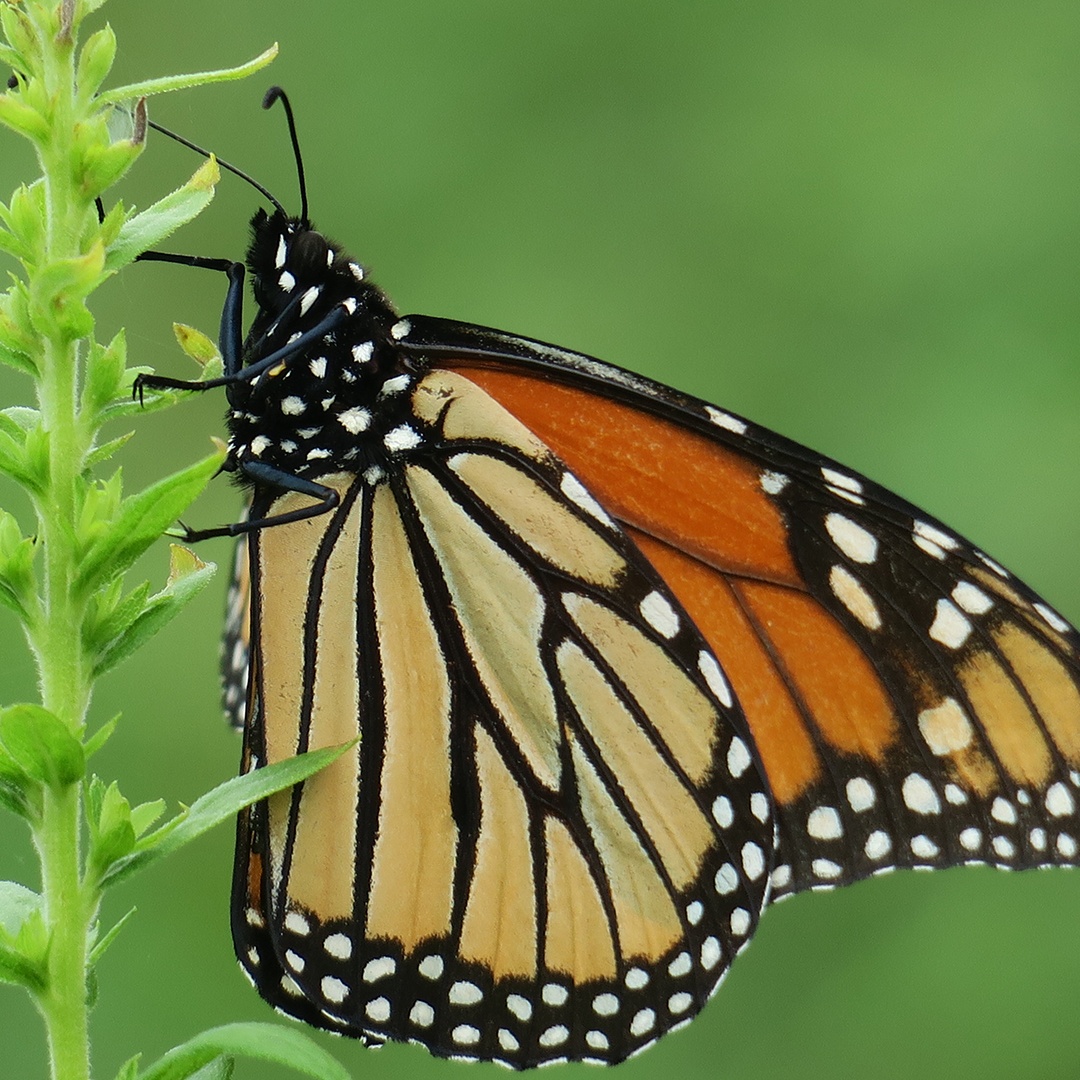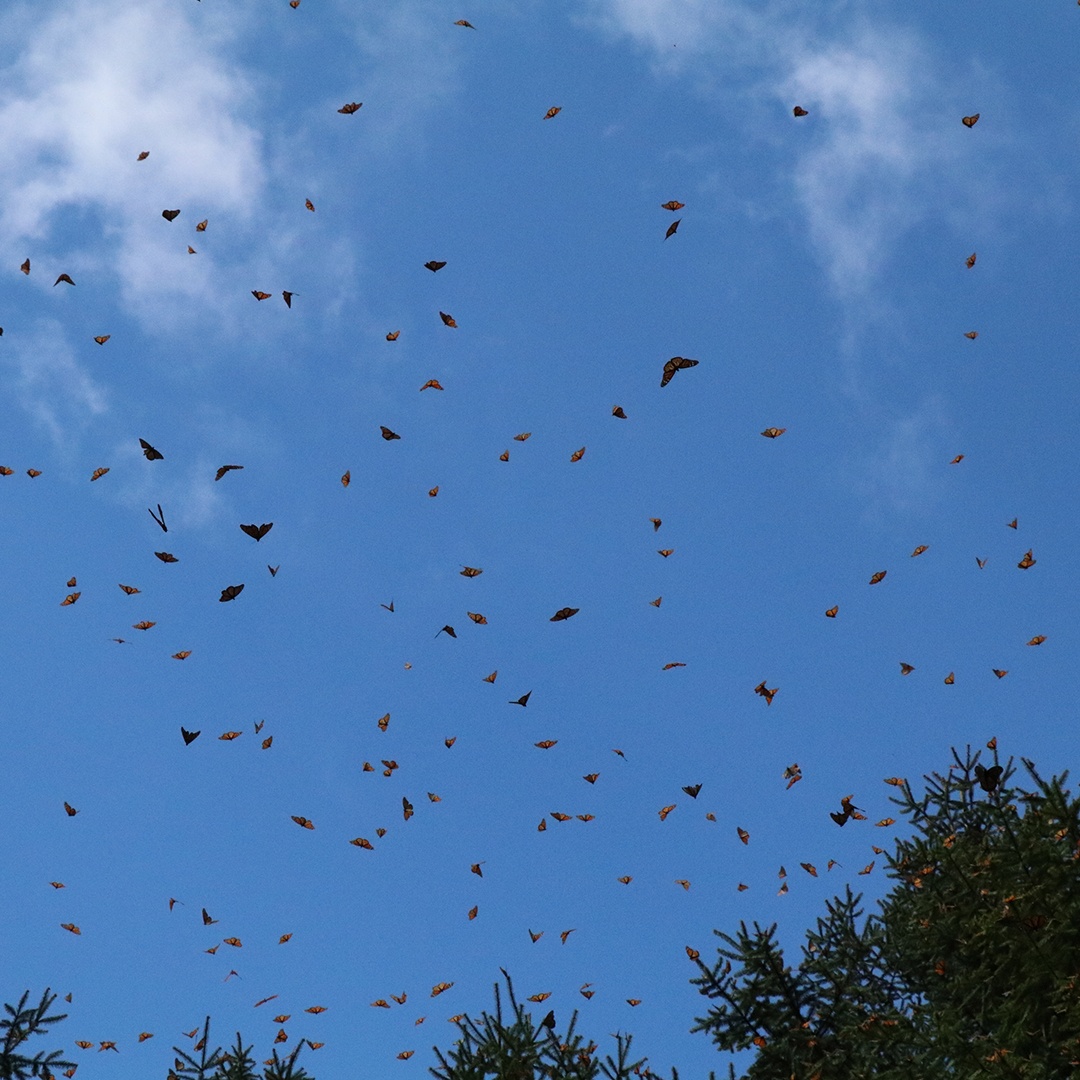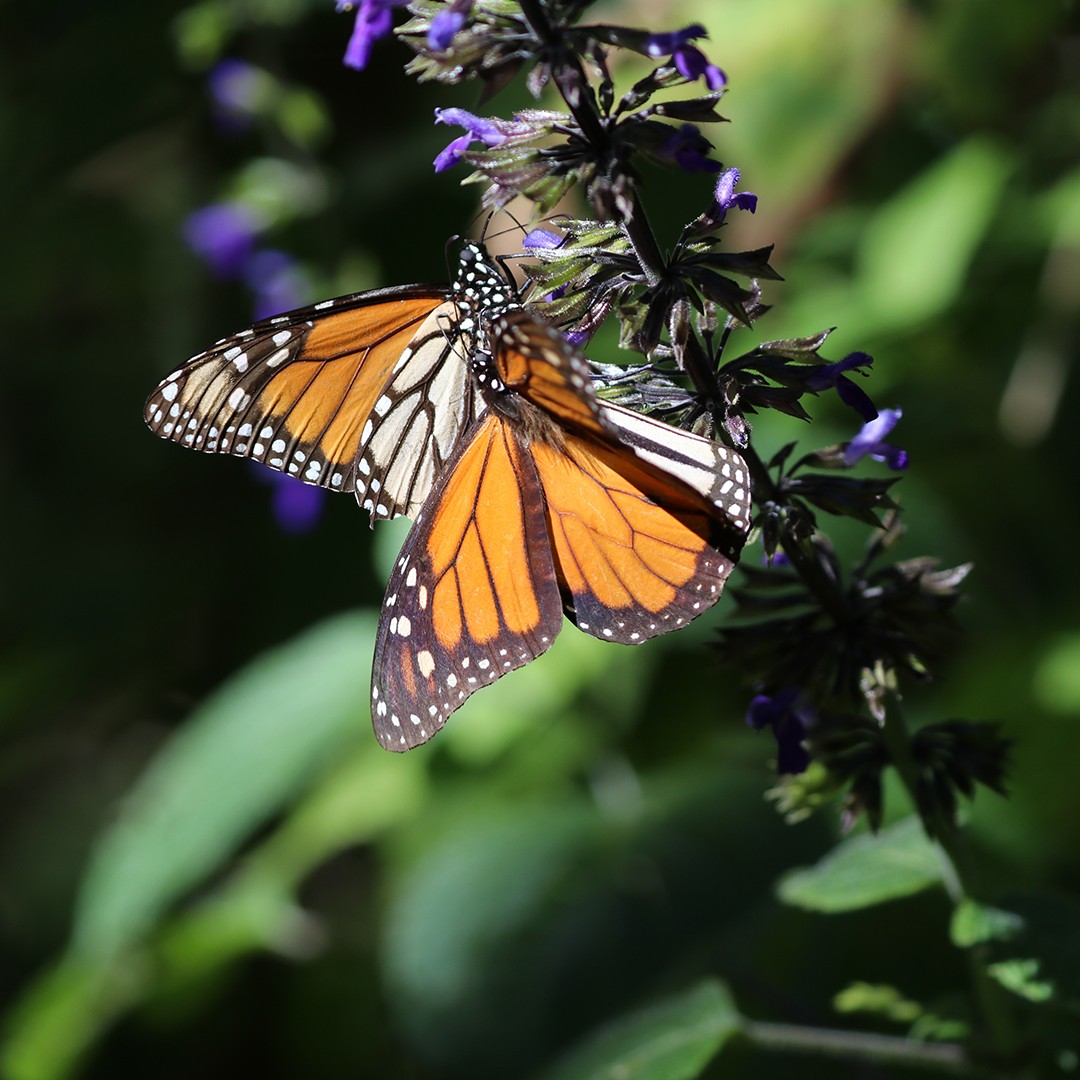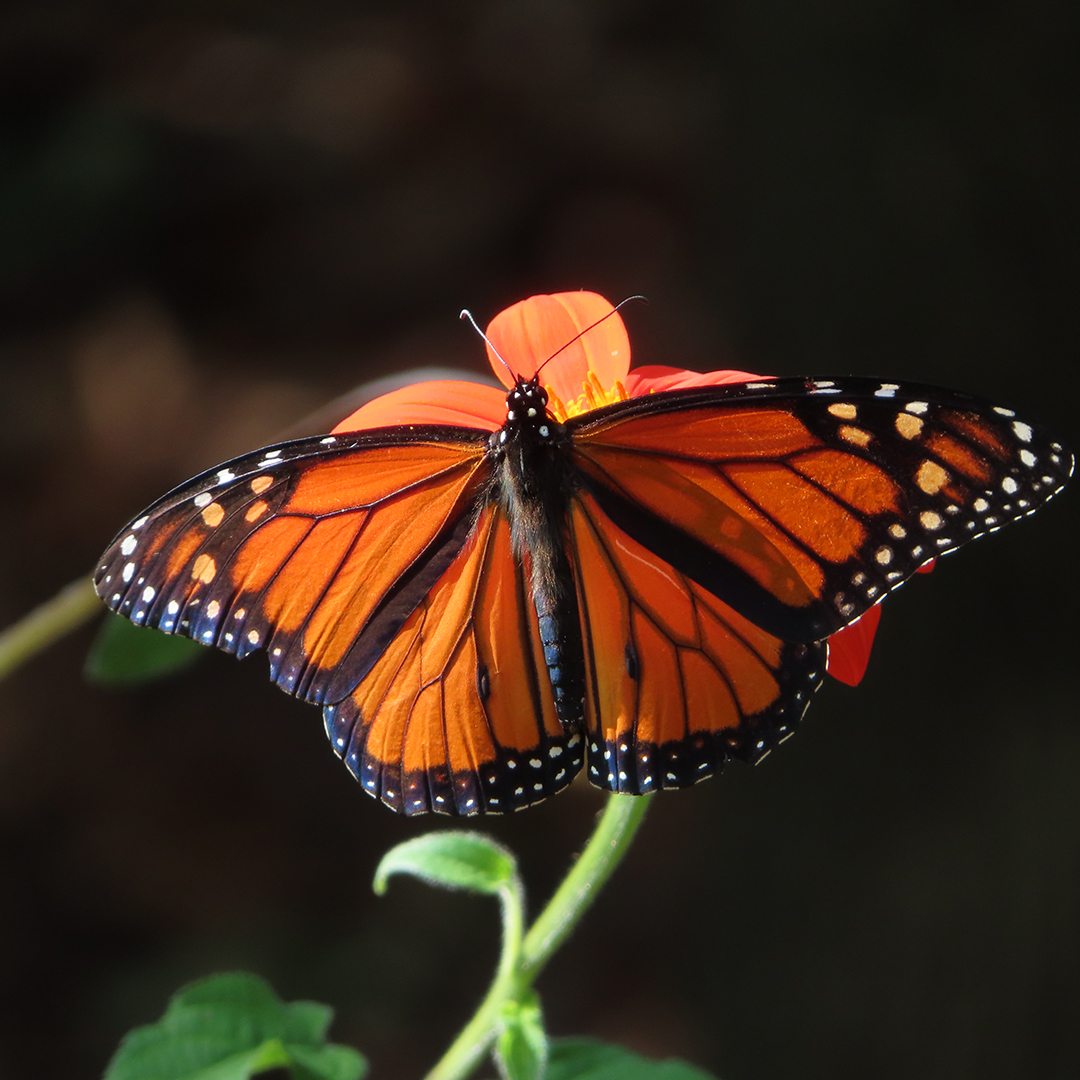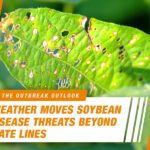The Buzz About Butterflies: Stewardship Practices That Make a Difference
The benefits of stewardship best practices and monarch habitats go way beyond the farm.

The right stewardship best practices do more than streamline your crop protection to-do list. Following stewardship best practices protects pollinators while preserving long-term farm productivity and overall biodiversity. Farming for pollinators is farming for the long haul.
The BeSure! campaign promotes the safe usage of crop protection products. Through BeSure!, Syngenta offers practical guidance and resources on everything from personal protective equipment to practices that promote biodiversity.
Activating On-Farm Stewardship
The BeSure! campaign breaks stewardship into practical steps that are easy additions to growers’ routines:
- Follow label directions for appropriate storage, use and disposal practices.
- Use advanced seed flow lubricants that minimize dust when planting treated seed.
- Communicate with neighboring beekeepers, and be aware of nearby hives before making an application.
- Remove and properly dispose of all treated seed. Keep all treated seed out of commodity grain channels.
These simple reminders make a big impact. Following label directions is the most effective way to make sure crop protection products don’t impact pollinators and wildlife that contribute to healthy agricultural systems. The benefits extend beyond your fields by protecting the surrounding environment and the future of farming. After all, honeybees alone pollinate more than 130 fruits and vegetables grown in the U.S.
Collaborating to Make A Difference
Monarch butterflies are especially valuable to the agricultural landscape. As they travel, they contribute to pollination and biodiversity, supporting the overall health of nearby land. Syngenta recognizes the importance of protecting these pollinators and, through collaborations with conservation partners like Monarch Joint Venture, is actively working on behalf of growers and retailers to support that effort.
“Beyond application practices, there are simple ways growers and their families can contribute to monarch conservation right at home,” says Caydee Savinelli, Ph.D., the U.S. stewardship team and pollinator lead at Syngenta. “Planting a small pollinator garden with milkweed, native plants or diverse flowers can provide habitat and nectar for monarchs. Even a few square feet of habitat can make a difference during migration.”
These practices don’t just benefit pollinators ― they can also directly benefit your farm. Monarch habitats promote biodiversity and sustainability near productive farmlands by:
- Attracting pollinators
- Improving soil health and water quality
- Housing natural predators of crop pests
- Increasing wildlife diversity
Syngenta also supports larger-scale habitat restoration through its Operation Pollinator program.
“Operation Pollinator is a global Syngenta initiative that helps growers and land managers establish pollinator habitats in non-crop areas like field borders, buffer strips and marginal land,” adds Savinelli. “By planting region-specific wildflower mixes, the program provides essential forage and shelter for native bees, butterflies and other beneficial insects — supporting biodiversity and improving ecosystem health right alongside productive farmland.”
Hear more from Caydee Savinelli about the benefits of pollinators and the campaigns that protect them.
2 Min Read
- The BeSure! campaign provides guidance and resources for stewardship best practices that benefit farms and help protect pollinators.
- Syngenta helps growers develop pollinator-friendly spaces using marginal land.
- Establishing monarch habitats promotes long-term farm productivity, biodiversity and sustainability.
More Articles About Community & Culture
2 Min Read






